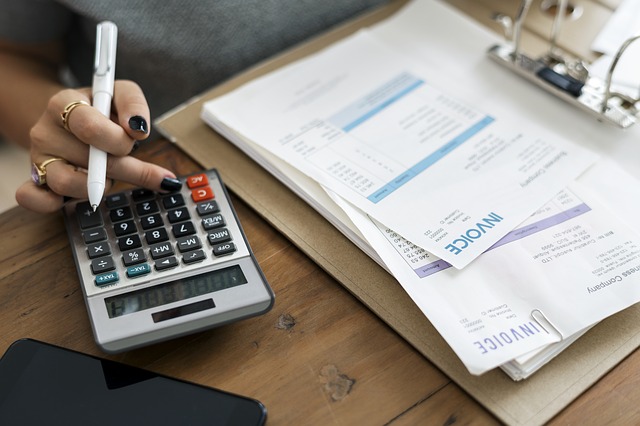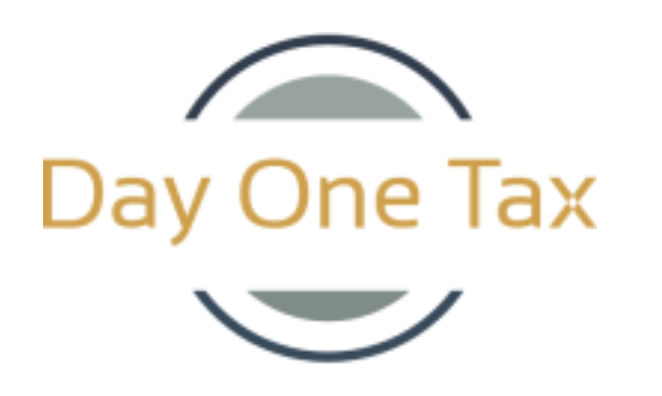(Published on: 2023/8/30)

Expense (cost) documentation such as invoices and receipts after the start of the invoice system (starting October 1, 2023)
With the start of the invoice system, there are a few points to note regarding expense (cost) documentation. In most cases, expense documents are not used for the years when the “simplified taxation system” or “20% rule” is applied, so basically, the items listed in this document do not apply (since this is related to consumption tax, expense documentation is naturally required for individual income tax and corporate tax returns). In addition, it is difficult to provide details for every case, so we have listed the main ones (we confirmed the tax rules as of 30th Aug 2023). The rule can change so we recommend you check the latest information.
Reference information
National tax agency Q&A (Japanese)
https://www.nta.go.jp/taxes/shiraberu/zeimokubetsu/shohi/keigenzeiritsu/qa_invoice_mokuji.htm
National tax agency updates, overviews, etc. (Japanese)
https://www.nta.go.jp/taxes/shiraberu/zeimokubetsu/shohi/keigenzeiritsu/invoice.htm
- For expense (cost) transactions on or after October 1, 2023, a qualified invoice with a “registration number” and other information will be required if the vendor is a qualified invoice issuer. A qualified invoice also includes receipts and receipts.
- The qualified invoice that your company receives must contain the following items
- Name of the business issuing the invoice
- Registration number of the business’s qualified invoice
- Date of transaction
- Details of the transaction (if a 8% reduced tax rate is applied, it should say so)
- The total amount of the transaction excluding tax (or including tax), broken down by the tax rates of 8% and 10%.
- The amount of consumption tax for each of the 8% and 10% tax rates on the total amount
- Name of the recipient of the invoice (i.e. name of your company)
- Small businesses that are exempt from paying consumption tax (e.g. freelancers. (referred to as tax-exempt businesses) cannot issue a qualified invoice. In such cases, you can continue to receive normal invoices as before. However, you will have to treat them disadvantageously for the purposes of calculating your company’s consumption tax. Specifically, the following treatment will apply.
- From October 2023 to September 2026 → 20% of the consumption tax amount cannot be deducted (cannot be deducted from the amount of consumption tax payable).
- From October 2026 to September 2029 → 50% of the consumption tax amount cannot be deducted.
- From October 2029 → 100% (full amount) of the consumption tax amount cannot be deducted.
- While a qualified invoice must include the name of the company receiving it, receipts and other documents from businesses that deal with an unspecified large number of people, such as retailers (e.g. convenience stores), restaurants and taxi services, do not need to include the name of your company. In other words, receipts from convenience stores etc. can be used as they are.
- Qualified invoices other than those of retailers, restaurants, etc., must include the name of your company. However, if a director or employee pays for expenses out of their own pocket, their name may be on the receipts instead of the company name. In such cases, one of the requirements for a qualified invoice is not met, and so an ‘expense report, etc.’ document must be prepared as an internal document. In addition to the standard expense report form, the document must also state that it is ‘a document addressed to your company’. Therefore, it is better to receive a qualified invoice in the name of your company as much as possible, considering the time and effort required for the paperwork. In the case of a sole proprietor, this will need to be prepared when you have someone other than yourself pays for expenses.
- For public transport (e.g. trains and buses) costing less than JPY 30,000, there is no obligation to issue a qualified invoice (by a railway company etc.). So there is no need to receive receipts. Whether the amount is less than 30,000 yen is determined on a per transaction basis, not per person. For example, if the transportation costs for four persons amount to more than JPY 30,000, a qualified invoice (receipt) is required.
- Previously, under consumption tax rules, it was not necessary to keep invoices etc. for transactions under JPY 30,000, but this rule was abolished with the start of the invoicing system (the public transport rules mentioned above are still in place).
- If sales in the year two years earlier (base period) were less than JPY 100 million, or sales in the first six months of the preceding year (specified period) were less than JPY 50 million, a consumption tax deduction is allowed without receiving a qualified invoice for transactions less than JPY 10,000 (including tax). However, this is a special measure only for the period from October 2023 to September 2029. In addition, because of income tax and corporate tax returns, documents should be preserved even for transactions of less than JPY 10,000 (including tax).
- If you pay your office rent (etc.) monthly by direct debit, you will not normally receive any document. In this case, you will not receive a qualified invoice, and so you will need to prepare a separate document with the landlord that contains the necessary information for a qualified invoice, such as the registration number.
- If your company is operating in the business of secondhand goods, the following rules apply to the purchase of secondhand goods.
- If a seller is a business that can issue a qualified invoice, you must receive it.
- If a seller is not a business (e.g. a consumer), keep a ‘list of persons who had difficulty in providing invoices etc. for the secondhand goods’, recording the address and name of that person.
- A qualified invoice can be handwritten or data (e.g. PDF) ones.

LEAVE A REPLY